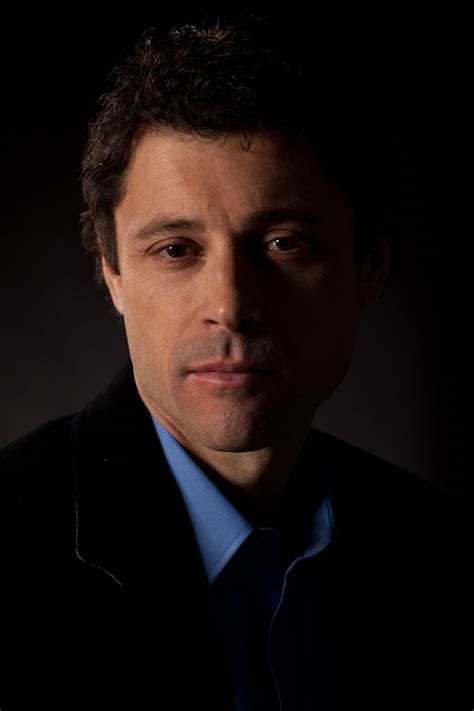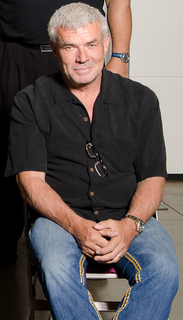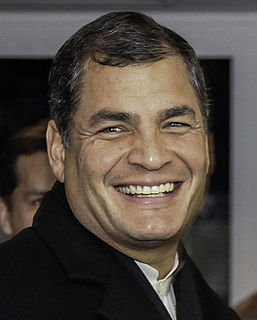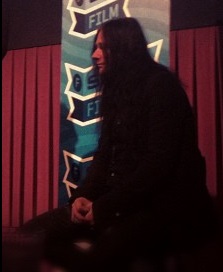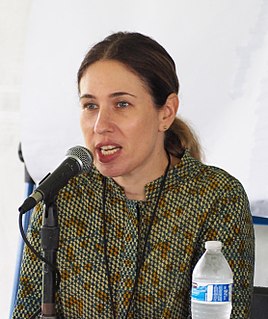A Quote by Elliot Perlman
I like dialogue in novels. I wanted to avoid laying history on with a trowel - appearing to be lecturing, as opposed to the characters lecturing their children or students. Dialogue can humanise the story and make it go down somewhat more smoothly.
Related Quotes
If you read novels of the 19th century, they're pretty experimental. They take lots of chances; they seem to break a lot of rules. You've got omniscient narrators lecturing at times to the reader in first person. If you go back to the earliest novels, this is happening to a wild extent, like 'Tristram Shandy' or 'Don Quixote'.
Professional wrestling... is no different than a Broadway play except that in a Broadway play, actors are using dialogue to tell a story and establish their characters, while in WWE, they're using a physical dialogue to tell their story and build their characters. That's a very unique art; it really is.
Don't come lecturing us about liberty. You need a reality check. Don't act like a spoiled rude child. Here you will only find dignity and sovereignty. Here we haven't invaded anyone. Here we don't torture like in Guantanamo. Here we don't have drones killing alleged terrorist without any due trial, killing also the women and children of those supposed terrorists. So don't come lecturing us about life, law, dignity, or liberty. You don't have the moral right to do so.
What I like and find liberating in dialogue comedy is that the characters, and what they say, are not me. These are fleeting thoughts and observations and not presented as truths but as something that illuminates the character and the dynamic between the characters. This kind of dialogue is thesis and antithesis - and we never get to a synthesis.
